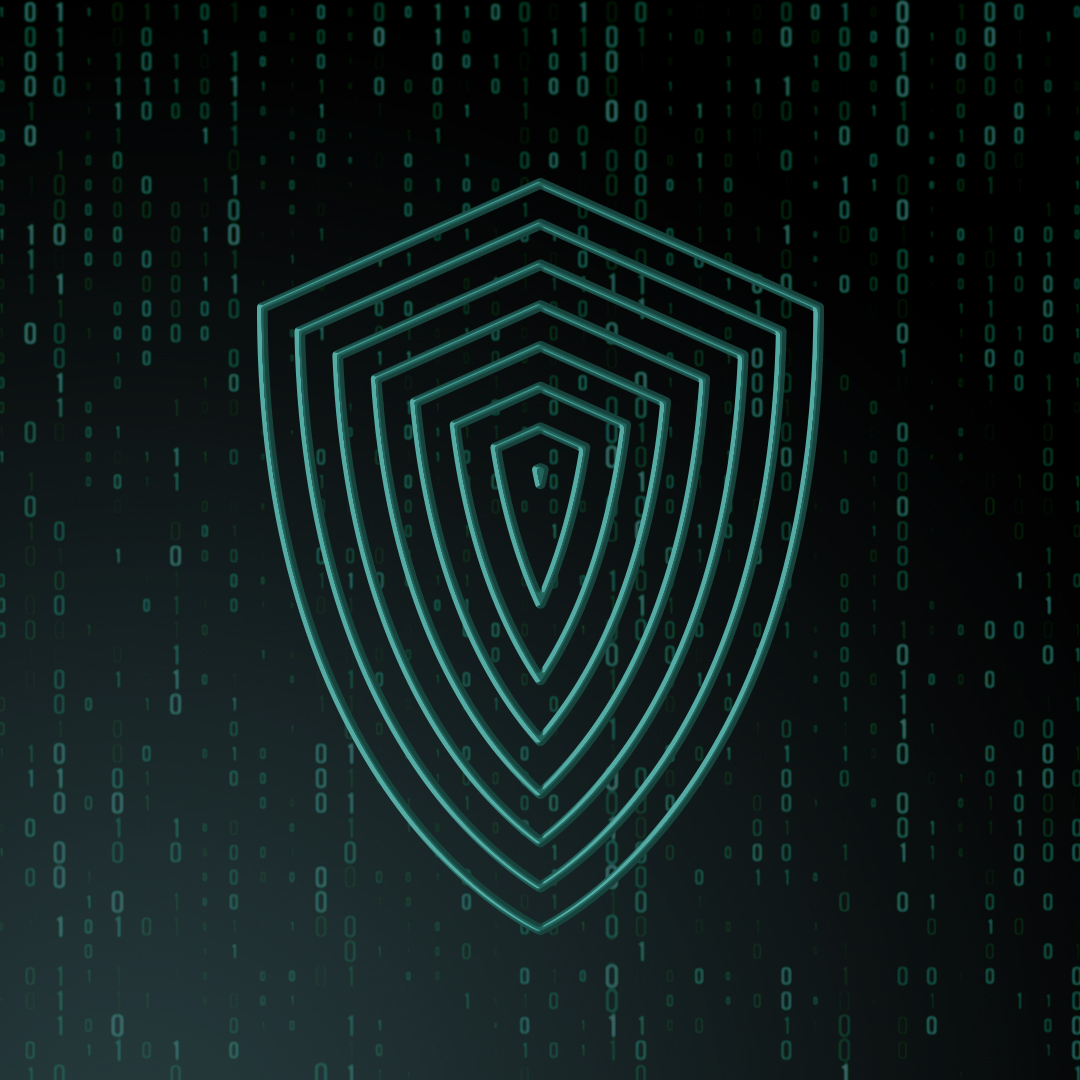How secure is your digital life? After the 2018 news of data breaches at companies like TMobile, Facebook, and Marriott, it’s no shock that – with all the information we put online – we should take protective measures to ensure that data is safe. (Statistica shares that over 446.5 million US records were hacked in 2018. Yikes!)
You may be familiar with the term “hacking”, but what does it mean and how can it impact your life? Techopedia states hacking is “unauthorized intrusion into a computer or a network.” In other words, it’s when a skilled computer hacker codes their way into your digital life...and then steals it.
To get some advice on how to stay digitally safe, we asked a software engineer and Full Stack Flex mentor at Thinkful. Assuming we would all like to keep our life’s digital history safe, here are 3 tips to secure yourself from hackers:
- Configure and constantly check app privacy settings and passwords. Do you know who can access your online content? Set privacy settings appropriately, create long passwords, or utilize an encrypted password manager like OnePass.
- Install malware protection. Anti-malware uses complex infrastructure to block computers from viruses, spyware, and other harmful software programs. Download it.
- Back up your data using the cloud or an external hard drive. Back up and encrypt your backup data! There are numerous ways for your data to be compromised, stay safe out there
This list is only the beginning. There are tons of tips and tricks to stay safe online. Here are 101 tips from Digital Guardian.
Hacking also encompasses non-malicious activities like keeping software systems safe. HackerOne, a security platform that discloses vulnerability, is an example of a hacker network that finds system bugs and essentially stops hackers.
HackerOne’s 2018 report reveals that there are over 166,000 ethical hackers and 19.9% of good hackers reside in the US - just like our source. Good hackers (a.k.a ethical hackers) have huge responsibilities with millions of digital breaches. The EC Council, a council that creates information security training and certification programs stated, “new worms, malware, viruses, and ransomware are multiplying every day and is creating a need for ethical hacking services to safeguard the networks of businesses, government agencies or defense.” Ethical hackers are valuable safeguards to various companies with robust tech infrastructure.
Even Thinkful has our responsible disclosure program for software developers to report bugs for a bounty. Ethical hackers, we’re grateful for you!
Interested in becoming an ethical hacker one day? See which Thinkful course is right for you.

